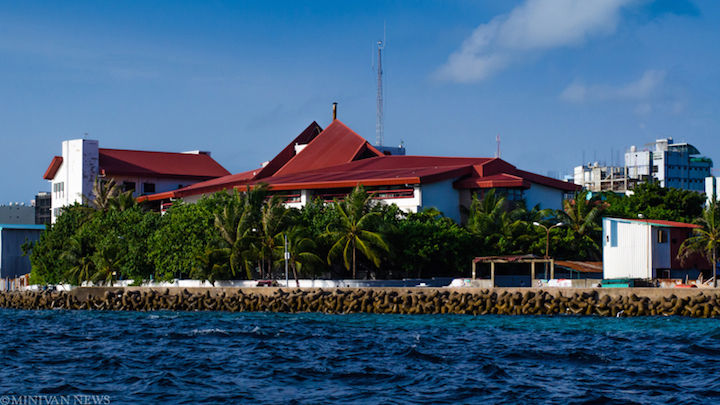Pregnant woman dies in fifth H1N1 fatality
According to the Health Protection Agency, 185 out of 501 suspected cases tested as of Friday have tested positive for the H1N1 subtype of influenza. Some 31 patients were hospitalised as of Friday and 12 patients were discharged in the two days prior.

26 Mar 2017, 09:00
A 29-year-old pregnant woman who tested positive for the H1N1 flu virus died Sunday morning while undergoing treatment at the intensive care unit at the Indira Gandhi Memorial Hospital in Malé.
IGMH Spokesman Ahmed Mausoom told the Maldives Independent that she was hospitalised on March 5 and was breathing through a ventilator when she died.
He declined to provide further details, citing patient confidentiality. According to local media, doctors were unable to save the life of her baby.
Another woman, who tested positive for H1N1, and her prematurely born baby are reportedly in critical condition in IGMH.
Become a member
Get full access to our archive and personalise your experience.
Already a member?
Discussion
No comments yet. Be the first to share your thoughts!
No comments yet. Be the first to join the conversation!
Join the Conversation
Sign in to share your thoughts under an alias and take part in the discussion. Independent journalism thrives on open, respectful debate — your voice matters.




